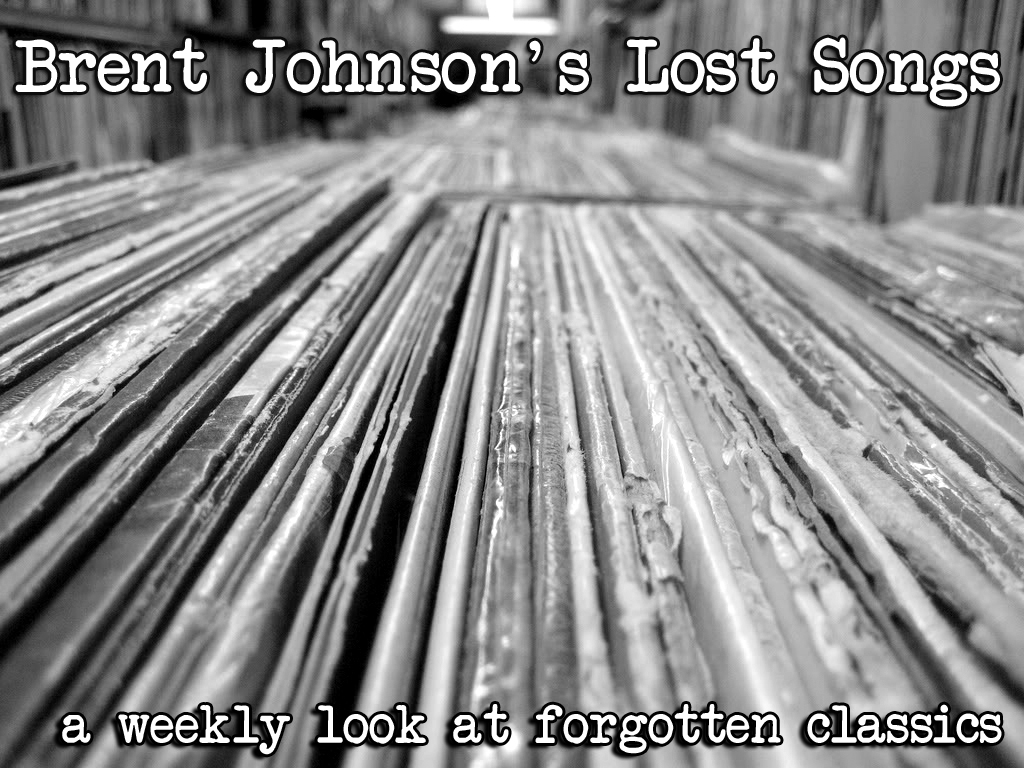brent johnson digs up another lost treasure, this week from Bruce Springsteen …
The other day, I committed what’s practically a sin in my home state of New Jersey.
I made a negative comment about Bruce Springsteen.
See: If Bruce Springsteen ever ran for governor of the Garden State, we wouldn’t need to hold a vote. There’d be no debate. Bruce — and yes, it’s just ‘Bruce’ around here — would win.
Frank Sinatra, Jerry Lewis, Jack Nicholson, Danny DeVito, Susan Sarandon, Whitney Houston, Jon Bon Jovi, Lauryn Hill — all of them are Jersey-bred. But none of them matter more than Bruce. That’s because no matter how many hit songs he has, no matter how many millions he makes, he still lives here, he still talks about growing up here. And when you hail from a state that’s the butt of a million jokes, that means the world.
But it’s not just Jersey that has sanctified Springsteen. Every time his name graces an album, a slew of five-star reviews and Grammy awards soon follow. He’s the Steven Spielberg of rock.
So I wasn’t surprised when everyone around me — Jerseyans and non-Jerseyans alike — shook their heads in disgust when I declared recently that Bruce hasn’t made a brilliant album since 1982.
A little harsh? Probably. After all, the man has released ‘I’m On Fire,’ ‘Brilliant Disguise,’ ‘Streets Of Philadelphia,’ The Rising, ‘The Wrestler’ and Magic over the last 30 years.
And don’t get me wrong: I love Bruce Springsteen. No one puts on as joyous a live show. Few songwriters have his ability to craft hook after hook. Not many musicians stick up for the working class so valiantly.
But I didn’t say he hasn’t made a good record since 1982. I said he hasn’t made a brilliant one.
It’s difficult to write about a musician like Springsteen. His career never plummeted to baffling lows like Rod Stewart. He never wandered through lost wilderness years like Bob Dylan. He never sabotaged his talent like Billy Joel. Instead, he has continued to release solid music into his 60s.
Maybe that’s why we overlook that even if its album tracks are better than the singles, Born In The U.S.A. is pretty darn glossy. Or that while it’s a touching, honest divorce album, Tunnel Of Love often feels kinda wimpy. Or that while it’s a passionate exploration of the emotional toll of Sept. 11, The Rising has more than a few forgettable songs.
As for his new album, Wrecking Ball? Lyrically, it spews venom. Bruce says more about American corporate greed and middle-class struggle in 11 songs than Occupy Wall Street has in a year. Still, it’s too polished to be truly angry and it could have been a wonderful bluegrass, Celtic and gospel album if he stripped away the sheen.
But more than anything, I have the feeling he’s using only half his powers. If you listen closely, you’ll find that Bruce has come to rely on the same chord progressions, the same guitar riffs, the same drumbeats and the same song structures.
It’s the opposite of the daring genius found on his first six records. Early on, Springsteen’s songs sprawled like a Jersey Shore boardwalk. They were full of gutter poetry, colorful characters, jazzy interludes, winding melodies and euphoric performances. He was Bob Dylan, Van Morrison, Roy Orbison and Wilson Pickett rolled into one.
My favorite is his sophomore album, 1973’s The Wild, The Innocent & The E Street Shuffle. It’s a glorious record about street thugs, boardwalk romance, circus workers, pimps and runaways. It touches on soul, folk, jazz and cinematic rock.
And it closes with the magnificent ‘New York Serenade’ — a song that starts as a free-form piano freakout and ends as a splendid piece of orchestral pop. It also contains a great lyric that would work well as anyone’s yearbook quote: ‘Walk tall, or don’t walk at all.’
Of course, it’s cliche to champion an artist’s youthful years. And it’s unfair to criticize their later work if it doesn’t have the same hunger, the same desperation, the same inventiveness. That’s like telling Paul McCartney to write another song like ‘All My Loving.’
But every now and then, Springsteen slips in some of his old ramshackle splendor. You can hear it in the Dixieland horns on 2006’s The Seeger Sessions. You can hear it in the robust, eclectic tracks on 2007’s Magic. Maybe the problem is: Moments like that show he’s still capable of more.




I’ll contend that his first two records are his best. No one could fit a 40 word phrase into 4 bars like early Bruce. “Wild, Innocent” may only be 7 tracks long, but it takes you on a 47 minute journey through carefree, simpler days I only wish I could have lived through.
“carefree, simpler” –> when he wasn’t worried about death to his hometown in this depression while standing on rocky ground